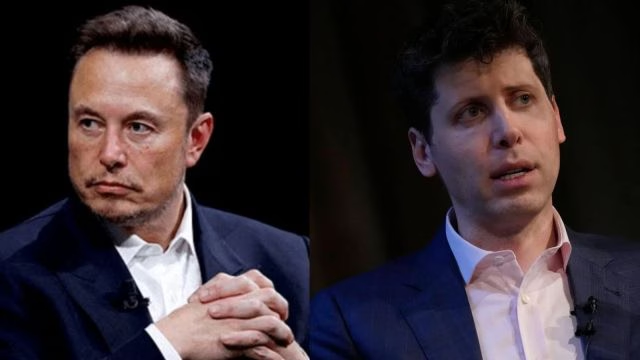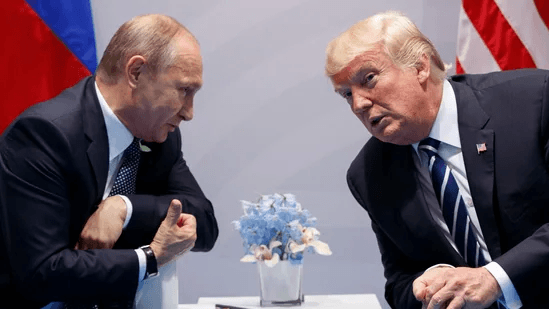Elon Musk Files for Injunction Against OpenAI and Microsoft: Allegations of Anti-Competitive Behavior
In a notable legal move, tech billionaire Elon Musk’s legal team has filed for a preliminary injunction against OpenAI and Microsoft, citing concerns of alleged anti-competitive behavior within the rapidly evolving field of artificial intelligence. The filing was made in the U.S. District Court for the Northern District of California on Friday, November 29.
Musk’s motion seeks to prevent various defendants, including OpenAI CEO Sam Altman, president Greg Brockman, and prominent former board members such as Reid Hoffman, LinkedIn co-founder, and Dee Templeton, a vice president at Microsoft, from engaging in what Musk’s attorneys describe as illicit activities that could stifle competition in the AI sector. The ramifications of this injunction could ripple through the tech landscape, especially considering the significant influence these entities wield.
At the heart of Musk’s allegations is the assertion that OpenAI has actively discouraged potential investors from backing its competitors. One key claim presented in the injunction alleges that a major investor involved in OpenAI’s funding round in October chose to withdraw interest in investing in Musk’s own AI venture, xAI. The document states, “Musk has verified that at least one major investor in OpenAI’s October funding round has subsequently declined to invest in xAI.” This claim raises serious concerns about the treatment of rival organizations within a field that is becoming increasingly competitive and crucial for technological advancement.
Furthermore, Musk’s legal team has raised red flags over the relationship between OpenAI and Microsoft, arguing that the sharing of proprietary information and resources between the two companies constitutes illegal “self-dealing.” They posit that this behavior harms marketplace competition by creating an uneven playing field, where the interests of a few may overshadow the opportunities of a wider array of innovators. The concerns spotlight how intertwined corporate interests can skew the pursuit of innovation when powerful entities prioritize their financial partnerships over fair competition.
Additionally, the motion accuses OpenAI of directing business to organizations where its executives have “material financial interests.” Musk’s lawyers pointedly highlight OpenAI’s choice of Stripe as its payment processor, suggesting this decision disproportionately benefited Altman due to his vested interests in the platform. Such claims underscore broader questions about transparency and ethical practices in partnerships among tech giants.
Musk’s motion isn’t just a response to specific actions but also challenges OpenAI’s transformation into a for-profit model. The shift has drawn criticism from various quarters, with Musk’s lawyers claiming, “No objective observer can look at OpenAI today and say it bears any resemblance whatsoever to what it promised to be.” This statement encapsulates Musk’s ongoing concerns that OpenAI has deviated from its initial non-profit mission, which was centered around making the benefits of AI research available for societal good.
In their plea for an injunction, Musk’s attorneys argue that such action is necessary to preserve what remains of OpenAI’s non-profit character, free from self-interested dealings. “An injunction to preserve what is left of OpenAI’s nonprofit character, free from self-dealing, is the only appropriate remedy,” the motion asserts, cautioning that without legal intervention, the original vision for OpenAI – as promised to Musk and the public – could vanish entirely before the case reaches substantive review in court.
OpenAI’s response illustrates the contentious nature of the allegations. A spokesperson for the organization termed Musk’s claims as “baseless,” emphasizing that this is Musk’s fourth attempt to litigate these issues, which they argue have been thoroughly unfounded. They noted that the accusations are recycled from previous complaints and reiterated that their activities align with the interests of advancing AI responsibly.
This legal battle comes on the heels of Musk’s previous lawsuits against OpenAI, which stemmed from allegations that the company had strayed from its foundational goals of promoting equitable access to AI technology. Musk’s initial lawsuit was filed in February, then withdrawn in July, only to be reinstated later, suggesting persistent tensions between Musk and OpenAI about the company’s direction.
As the case moves forward, it highlights critical issues around competition, ethics, and the evolving landscape of artificial intelligence. The outcome could influence not only the fortunes of Musk’s xAI but also set precedents for how technology companies interact in an industry characterized by rapid innovation and fierce rivalry. Stakeholders in the tech community will be watching closely as developments unfold, particularly in a field where collaboration and competition can often intersect in complex ways.
In conclusion, Musk’s latest legal maneuver underscores significant concerns about monopolistic practices and the integrity of the tech industry’s commitment to equitable innovation. As the situation develops, it poses essential questions about the future of AI development, the responsibilities of tech giants, and the balance needed to foster a competitive yet fair marketplace.
Also Read- farmers march. Heavy traffic jams are occurring at the Delhi-Noida border
Reference-For Full Coverage Visit here




















One thought on “Elon Musk is seeking an injunction against OpenAI and Microsoft, alleging that they are engaging in anti-competitive behavior.”